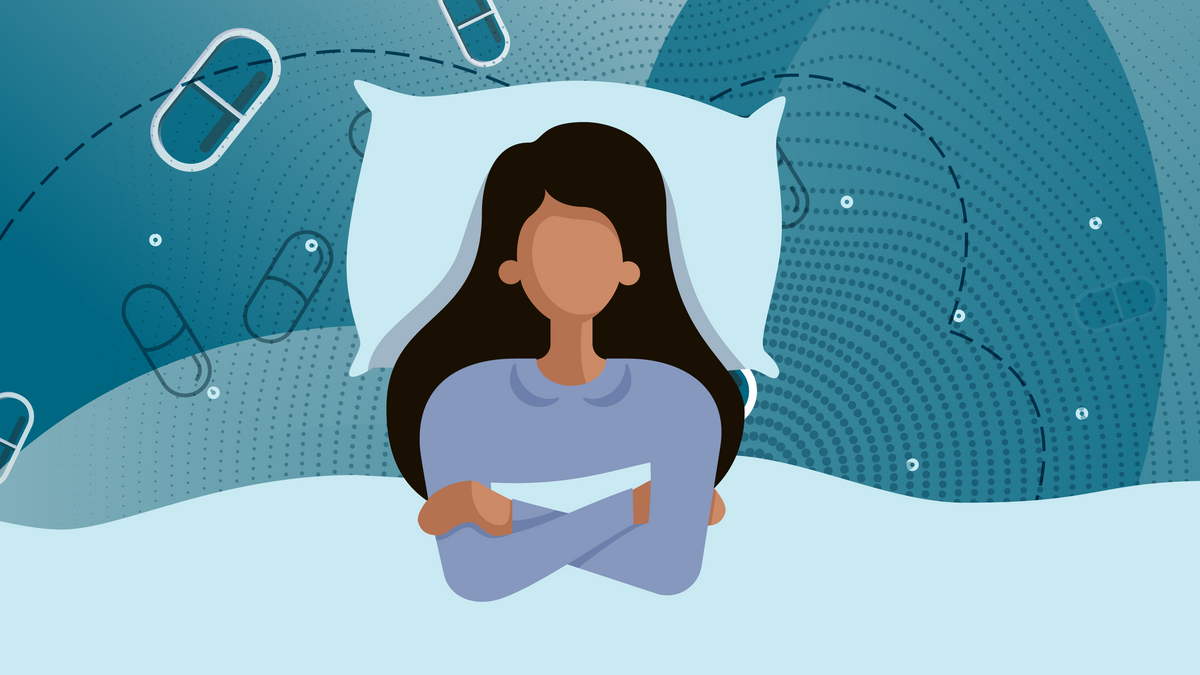
As a specialist in sleep medicine, I’ve witnessed the intricate dance between sleep disorders and mental health. It’s a silent battle fought in the quiet hours of the night, where things like Reston snoring seem trivial, yet hold a deep impact. Imagine a world where your dreams are constantly interrupted, where peaceful slumber becomes a battleground. This is the reality for many people struggling with sleep disorders and their mental health. In this blog, we’ll dive into this often-overlooked relationship to shed some light on the darkness.
The Unseen Consequence of Sleep Disorders
When you think of sleep disorders, snoring or sleep apnea, might come to mind. But beyond these physical symptoms, there’s an unseen consequence. Mental health issues often lurk in the shadows. Anxiety, depression, and mood disorders are just a few of the psychological struggles that can arise.
Imagine a night where sleep never really comes. You toss, you turn. Your mind races. Then imagine that night on repeat. Doesn’t sound fun, does it? That’s what individuals with sleep disorders often face.
The Impact on Mental Health
The impact on mental health is profound. Insufficient sleep can lead to irritability, anxiety, and even depression. It’s like a snowball effect – a small sleep issue can lead to a large mental health problem if left unchecked.
Let’s put it this way. If you had a leak in your house, you’d fix it, right? You wouldn’t let it flood your home. It’s the same with sleep disorders. They might start as small leaks, like snoring, but can flood your life with mental health struggles if not addressed.
The Solution
So, what’s the solution? How can we stop the flood? It starts with awareness. Understanding the link between sleep disorders and mental health is the first step.
Next, seek help. Reach out to a sleep medicine specialist. They can provide you with the tools to manage your sleep disorder. This might include lifestyle changes, medication, or even therapy.
Remember, there’s no shame in seeking help. Just like you’d call a plumber for a leak, you’d call a specialist for a sleep disorder. Take control of your sleep, and you take control of your mental health.
Final Thoughts
In closing, sleep disorders and mental health are intrinsically linked. One can often lead to the other, creating a cycle of sleepless nights and anxious days. But there’s hope. With awareness, professional help, and proactive measures, you can reclaim your nights and restore your mental health. Snoring might seem trivial in the grand scheme, but it’s the small leaks that cause the biggest floods. Don’t underestimate the impact of your sleep on your mental health.